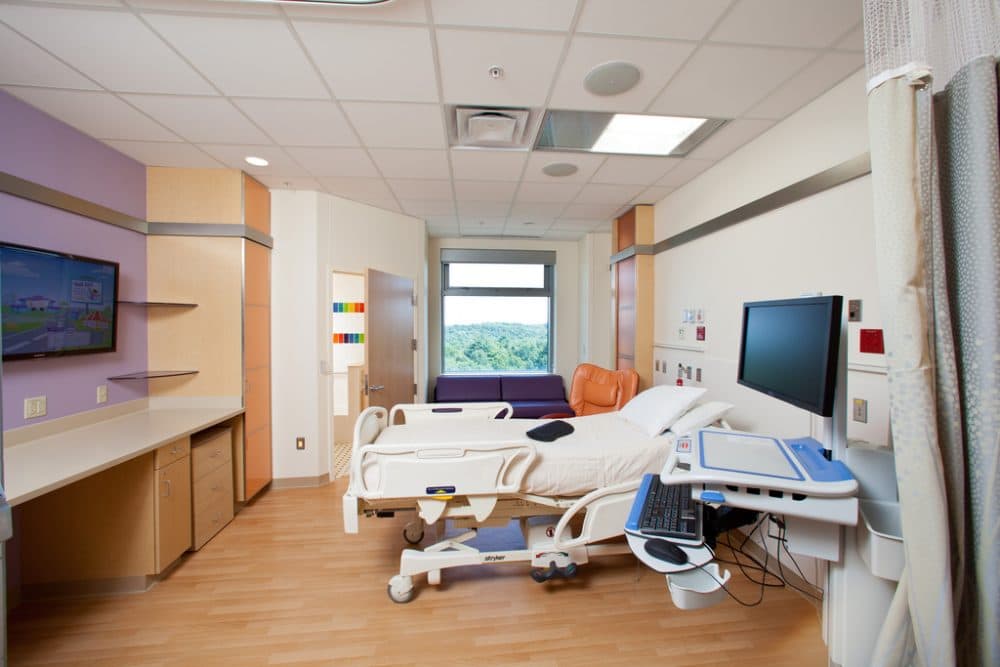Advertisement
Study Looks At The Special Pressure Of Treating A VIP (Very Important Patient)

When a pop star, a political leader or a billionaire is admitted at a big Boston hospital, do you really think they’re treated exactly as you would be?
The truth (uncomfortable as it may be) is: not necessarily. VIP patients may receive extra niceties, from an airy private room with a view to a special menu. But what about their medical treatment, and how do physicians see caring for these VIPs?
A new study from the Journal of Hospital Medicine looked at hospital VIP care, and found that it may come at a cost: VIP patients may demand uncalled-for tests or treatments — and get them, possibly to their own detriment.
“From a professional perspective, VIP care has fascinated physicians for a long time,” says Dr. Joshua Allen-Dicker, the study’s lead author, a hospital physician at Beth Israel Deaconess Medical Center in Boston. “If you look back in the medical literature, even 50 years ago physicians were writing about the challenge of caring for VIP patients -- challenges for physicians as well for the patients themselves.”
Despite the longtime buzz about VIP patients, there’s been little research done about what it means to care for them. So Dr. Allen-Dicker and his associates decided to take a look.
“We surveyed hospital medicine physicians at eight different hospitals across the country — these were academic hospitals, community hospitals and urban hospitals — and we asked those physicians about their perceptions of VIP care,” he says.
In the study, VIPs were defined as people receiving VIP care, consisting of “conveniences provided in addition to the assumed basic level of care and services (e.g. private or luxury-style rooms, access to a special menu, better views, dedicated personal care attendants, hospital liaisons).”
“We found that physicians who reported caring for VIP patients often felt pressured by VIP patients, their family members or hospital representatives to perform unnecessary testing or treatment," Dr. Allen-Dicker says. "Additionally we found that the VIP status of a patient may impact a physician’s clinical decision-making.”
“Low value care can be costly, but it can also adversely affect the patient's experience or even decrease the quality of care that they receive."
And that's troubling.
“When I hear about unnecessary care, I think about value, specifically about low-value testing and treatment,” Dr. Allen-Dicker says. “Low value care can be costly, but it can also adversely affect the patient's experience or even decrease the quality of care that they receive.”
The study only addressed the physician perspective on VIP care, in the absence of data on the actual quality of care VIP patients receive. More research is needed, he says, in areas ranging from the VIP patient experience to how hospitals can better address the complexities of VIP care.
Dr. Allen-Dicker says he wasn’t really surprised at the study's findings.
“Based on my clinical experience — I’ve worked at five hospitals over the course of my time as a physician — it did not surprise me that other physicians who had encountered VIP patients found that relationship to be a challenging one.”
Readers, reactions? Have you witnessed VIP treatment and what did you think?